
Chimney safety is the focus for the current National Fire Chiefs Council’s (NFCC) week of action, supported by firefighters who are urging homeowners to get their chimney swept before the bad weather approaches.
The aim of Chimney Fire Safety week, which runs from 30 August to 5 September, is to raise awareness of the dangers of chimney fires, including the importance of ensuring that chimneys are swept regularly and in time for winter.
There was a slight increase from August 2020 to July 2021, from the previous year’s 70 fires to 72 in the last year, the Cheshire Fire and Rescue Service attended.
Lee Shears, Head of Prevention and Protection at Cheshire Fire and Rescue Service, reiterates: “We want to keep the people of Cheshire who use log burners and coal fires safe so are asking them to ensure they get their chimney swept now as regular sweeping helps prevent a build-up of soot deposits which cause fires and we want people to do that before its time to light those fires when the cold weather arrives”
Here are some top tips for safer chimneys:
Keep chimneys and flues clean and well maintained
Make sure embers are properly put out before you go to bed
Always use a fireguard to protect against flying sparks from hot embers
How often should you clean your chimney?
Oil - Once a year
Gas - Once a year
Bituminous coal - Twice a year
Wood - Up to four times a year
Smokeless coals - At least once a year
Lee added: “If the worst should happen, a working smoke alarm will give the extra time needed to escape in the event of a house fire occurring so make sure they are tested regularly.
What to do to reduce the risk of a chimney fire
Chimneys must be swept on a regular basis this can be as much as three times in the burning season (winter) but at least once per season regardless of fuel type.
All wood burned must have a moisture content of no more than 17 percent.
It is important to purchase the correct size appliance for your room, an appliance, which is too large, will never be used hot enough to volatize all of the fuel within the wood and unburned fuel will pass up the chimney as smoke and condense within the flue as extremely flammable creosote.
To minimize creosote production in a wood stove these steps can be followed:
Once the fuel load has been ignited and the flue has been heated to its operating temperature, the stoves air supply should be adjusted to limit the amount of air to avoid over firing and excessive heat loss up the chimney. They should, however, be open enough to maintain moderate flaming combustion in the fire box. (The flames should fill the entire window or fire box without being sucked up the chimney).
To determine if this is maintained the condition of the fire should be checked through any glass panels and the density of the smoke as it exits the flue at the top should also be checked.
An internal probe type thermometer located within the flue can be used to ascertain if flue temperatures are of a sufficient temperature or if they are excessive, magnetic flue temperature thermometers can also be utilised to this end.
It is important when using a multi fuel stove that you control the burning of the appliance by the air inlets provided for this purpose not using any dampers which could obstruct the safe passage of exhaust from being able to exit the appliance.
Remember a blocked flue can kill and the exclusion of air will put out a fire.
All chimneys and flue-ways should be cleaned and checked during the summer months to ensure they are free from debris and in full working order before the heating season begins.
A blocked or defective chimney can cause both chimney fires and carbon monoxide poisonings so it is very important to employ a professional qualified Chimney Sweep such as those certified by NACS.
For more information, you can visit our Chimney Fire Safety page on the Cheshire Fire and Rescue website.


 Ten arrested for drugs offences following warrants in Chester
Ten arrested for drugs offences following warrants in Chester
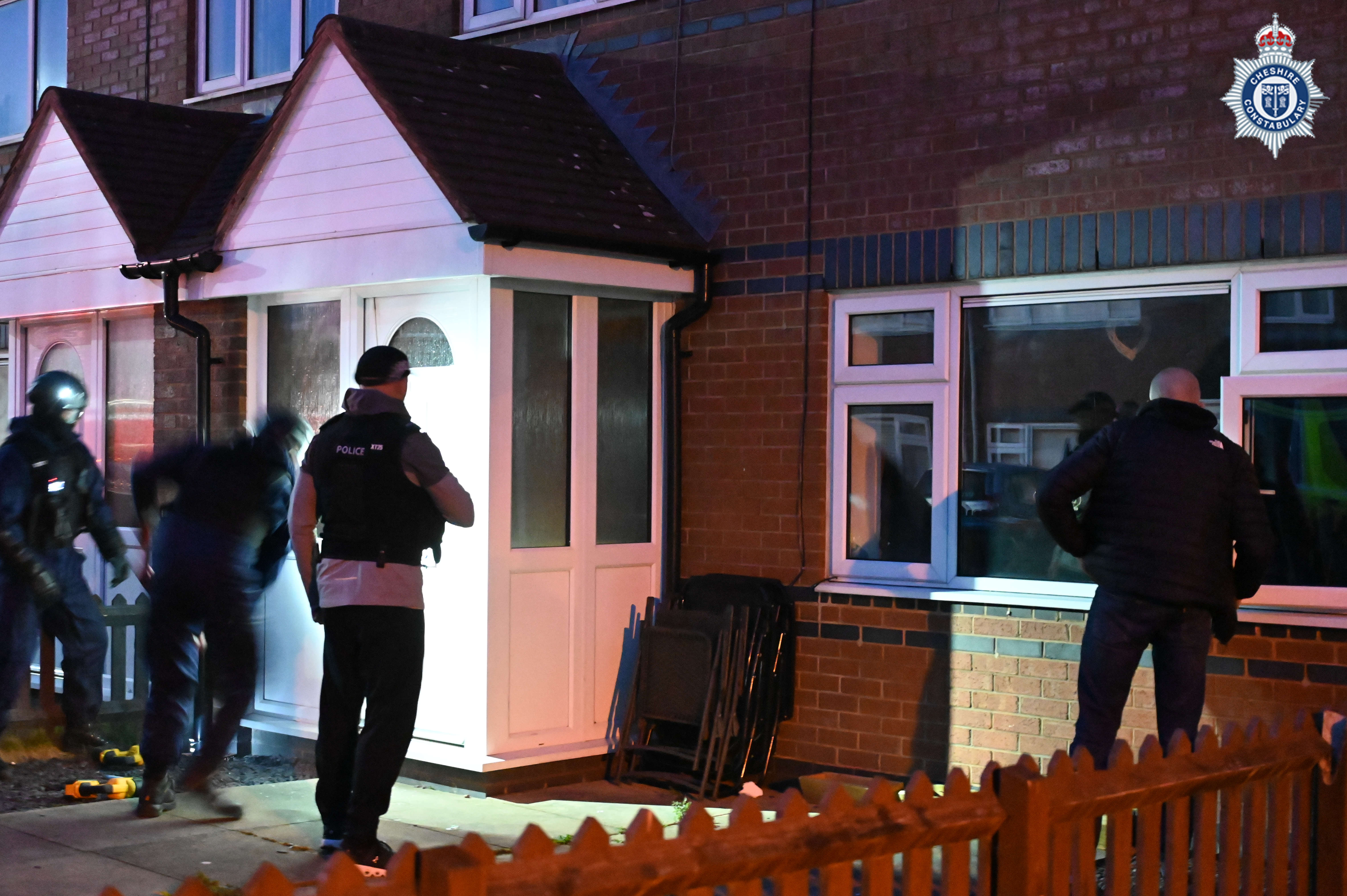 Ten arrested for drugs offences following warrants in Chester
Ten arrested for drugs offences following warrants in Chester
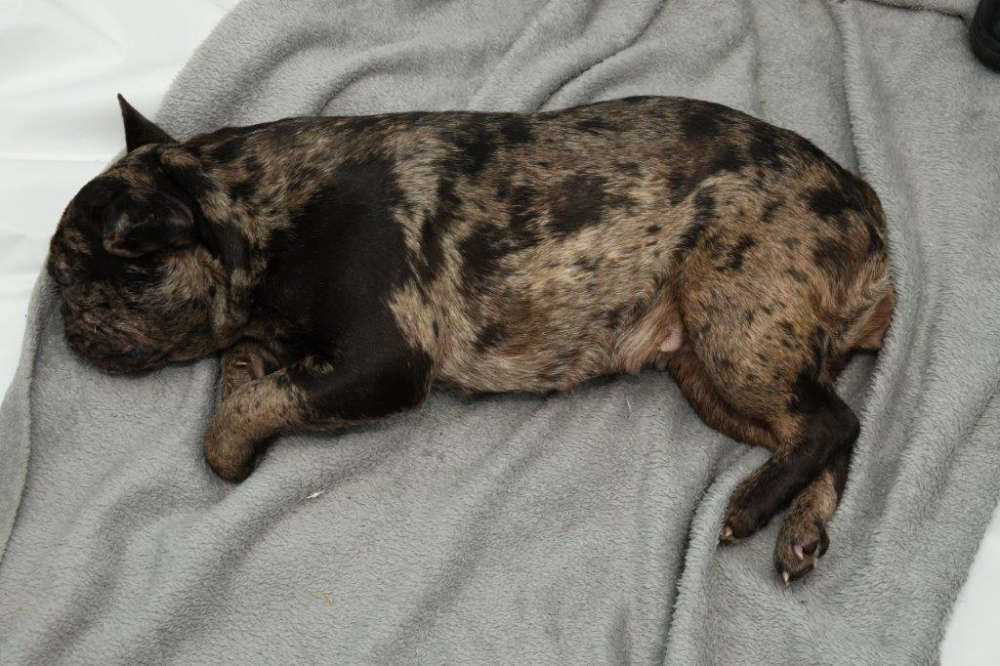 Suspended prison sentence and indefinite ban for Cheshire man who abused his dog
Suspended prison sentence and indefinite ban for Cheshire man who abused his dog
 Recovered Stolen Items
Recovered Stolen Items
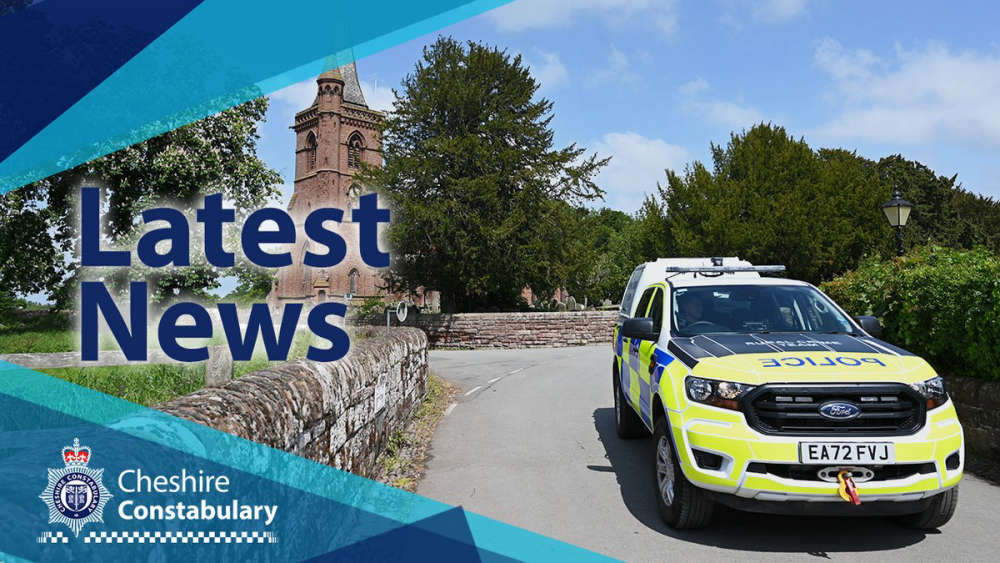 Man charged in relation to courier fraud
Man charged in relation to courier fraud
 Police to target criminal use of Cheshire’s roads
Police to target criminal use of Cheshire’s roads
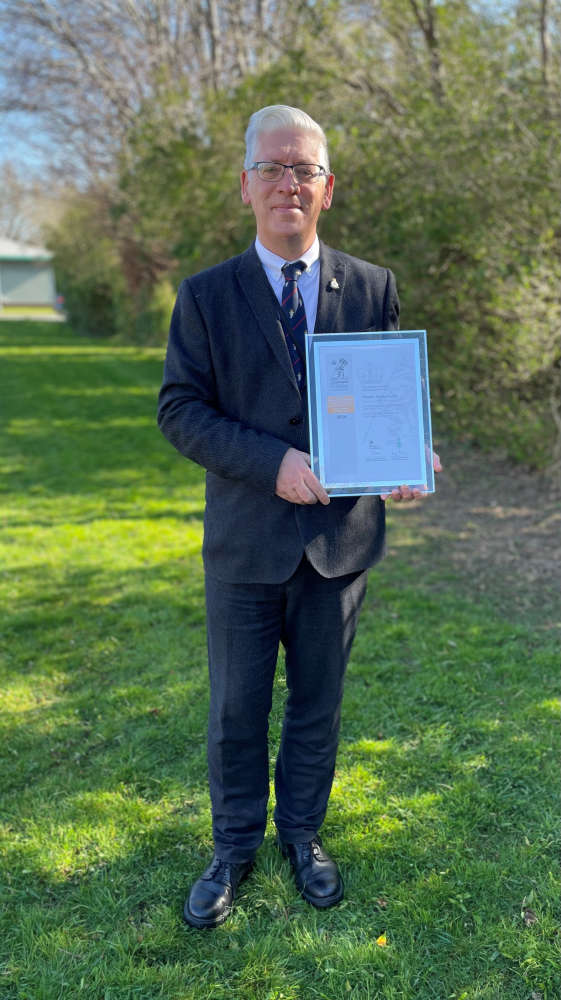 Council awarded Gold Armed Forces Award
Council awarded Gold Armed Forces Award
 Appeal for footage and witnesses following collision in Delamere
Appeal for footage and witnesses following collision in Delamere
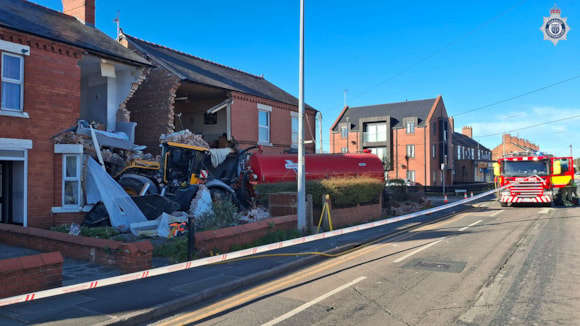 Appeal for information following serious collision in Chester
Appeal for information following serious collision in Chester
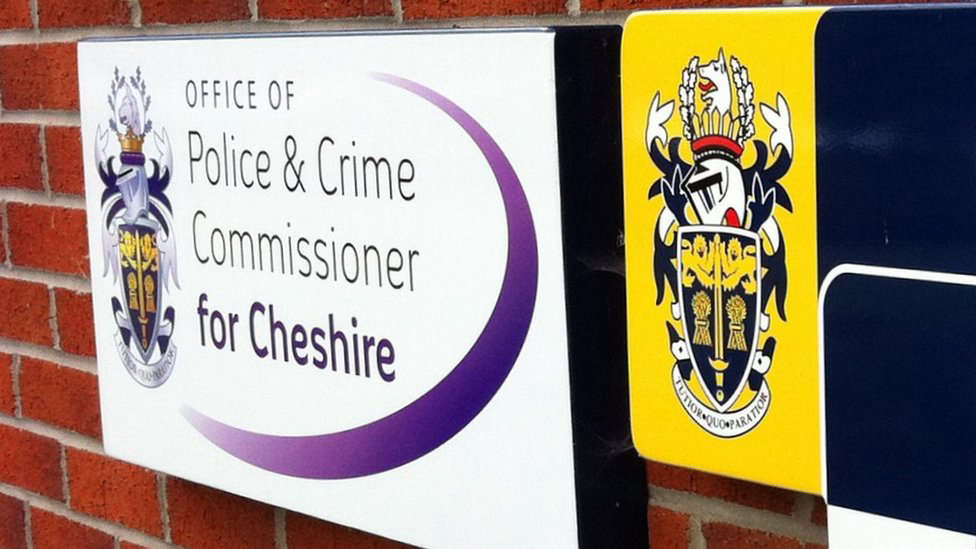 Your chance to get involved in police scrutiny meetings
Your chance to get involved in police scrutiny meetings
 New Events at Jodrell Bank
New Events at Jodrell Bank
 Inspiring Futures at The Queen’s School
Inspiring Futures at The Queen’s School
 Bowmere Hospital celebrates 20 years of mental health care
Bowmere Hospital celebrates 20 years of mental health care
 Man charged with burglary and drug offences following Chester police stop check
Man charged with burglary and drug offences following Chester police stop check
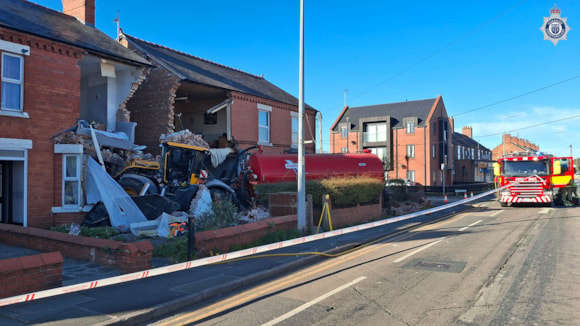 Vicars Cross Road closed following collision in Chester
Vicars Cross Road closed following collision in Chester
 Man jailed for controlling and coercive behaviour and assault
Man jailed for controlling and coercive behaviour and assault
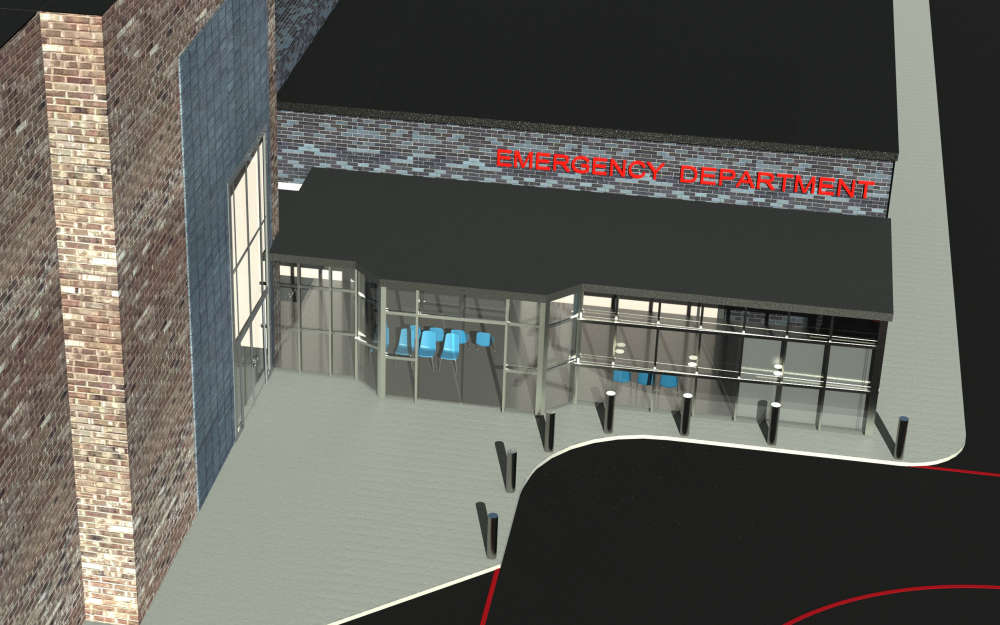 Plan unveiled to transform and improve emergency care at Countess of Chester Hospital
Plan unveiled to transform and improve emergency care at Countess of Chester Hospital
 Chester & Wirral Football League - Weekend Round Up
Chester & Wirral Football League - Weekend Round Up
 Ladbrokes returns to Chester Racecourse
Ladbrokes returns to Chester Racecourse
Comments
Add a comment